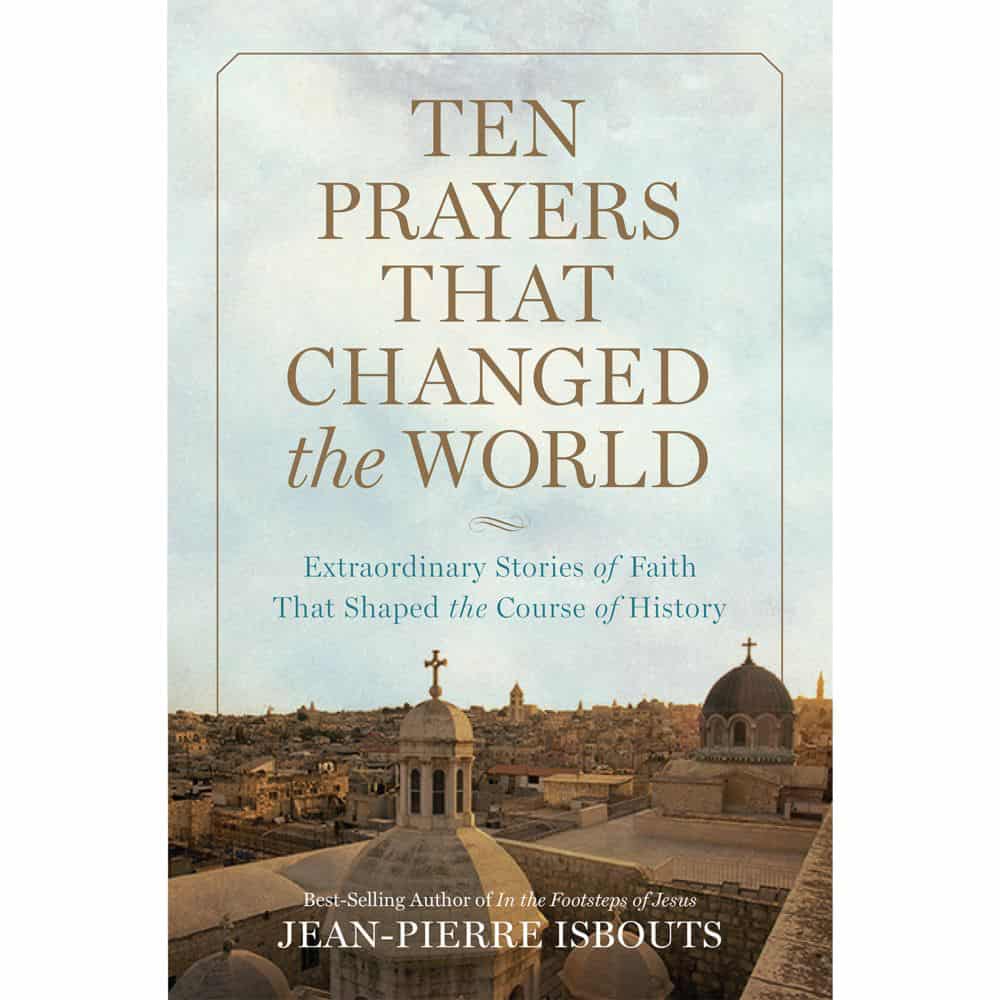 Originally published October 2, 2017
Originally published October 2, 2017
Father, hallowed be your name. Your Kingdom come. Our daily bread give us today. And forgive us our debts, for we forgive our debtors. And do not lead us to the test.
Our daily bread give us today. The ministry of Jesus took place in the midst of a socioeconomic crisis that mainstream biblical scholars have yet to fully acknowledge. There is no other way to explain the frequent references to hunger and poverty in the Gospels and the fact that the Beatitudes—the Sermon on the Mount—are specifically addressed to people who are poor, disenfranchised, hungry, and miserable.
We might say that’s not all that surprising. There was obviously a vast gulf between the elite of wealthy priests, noblemen, and officials, and the vast majority of peasants and laborers. Life in antiquity was not a walk in the park.
That’s true. But we should also remember that Galilee was a special case. Since the days of the Patriarchs, this region had been renowned for its exceptional fertility. The first-century Jewish historian Josephus wrote that virtually everyone in Galilee was engaged in agriculture. But that changed in 37 BCE, when King Herod rose to the throne. Herod was eager to demonstrate his bona fides to the Roman emperor and wanted to turn the Jewish kingdom, a rather insignificant corner of the Roman Empire, into a splendid nation filled with the blessings of Greco-Roman culture. He began to build new cities and monuments at a feverish rate.
To fund all this, he turned to the one capital asset that the region possessed: Galilean agriculture.
Taxes on farmers were doubled, not only to finance the tribute to Rome but also to fund Herod’s ambitious projects in Judea. As the biblical historian Richard Horsley has shown, farmers who succumbed to this tax burden inevitably lost their indebted land to forfeiture.
…by the time Jesus launched his ministry, large numbers of homeless and dispossessed families roamed the land, unable to properly feed their families.
The upshot of this development is that by the time Jesus launched his ministry, large numbers of homeless and dispossessed families roamed the land, unable to properly feed their families. This is vividly illustrated by the story of the miraculous multiplication of loaves and fishes. Then and now, most bread consumed in the Middle East is leavened flatbread, or pita bread. Bread made from wheat was the principal staple of people’s diet in Jesus’ time, and we know that such bread is an important source of calories and vitamins. But the story of the miraculous multiplication specifically refers to loaves made from barley. In the first century, barley was grown not for human consumption but as feed for farm animals. In other words, the miraculous multiplication story tells us that the crisis in Galilee had reduced people to eating animal fodder. The verse Give us today our daily bread is therefore not only an urgent petition to God to feed ourselves, but also an invocation to feed those in need. In fact, the Gospels are full of stories of Jesus breaking bread with others. In Jesus’ view, such is not only an act of kindness; it is an essential affirmation of our human dignity.
 This is an excerpt from Ten Prayers That Changed the World: Extraordinary Stories of Faith That Shaped the Course of History by Jean-Pierre Isbouts (National Geographic, 2016) and appears here by kind permission of the publisher. Jean-Pierre Isbouts is a bestselling author, historian, and award-winning director of documentary and feature films. A humanities scholar and professor at Fielding Graduate University of Santa Barbara, California, he has published widely on subjects in art, history and archaeology, and directed films for Disney, ABC, Hallmark, History Channel and other studios and networks. He has also produced a broad repertoire of classical music with ensembles in New York, Los Angeles and Amsterdam.
This is an excerpt from Ten Prayers That Changed the World: Extraordinary Stories of Faith That Shaped the Course of History by Jean-Pierre Isbouts (National Geographic, 2016) and appears here by kind permission of the publisher. Jean-Pierre Isbouts is a bestselling author, historian, and award-winning director of documentary and feature films. A humanities scholar and professor at Fielding Graduate University of Santa Barbara, California, he has published widely on subjects in art, history and archaeology, and directed films for Disney, ABC, Hallmark, History Channel and other studios and networks. He has also produced a broad repertoire of classical music with ensembles in New York, Los Angeles and Amsterdam.


